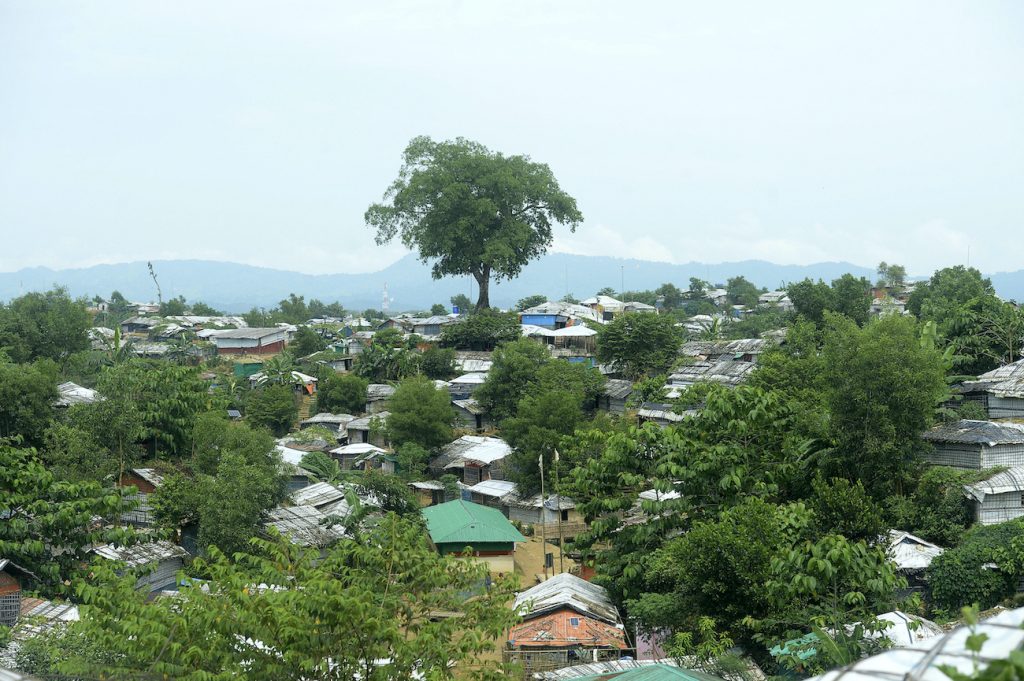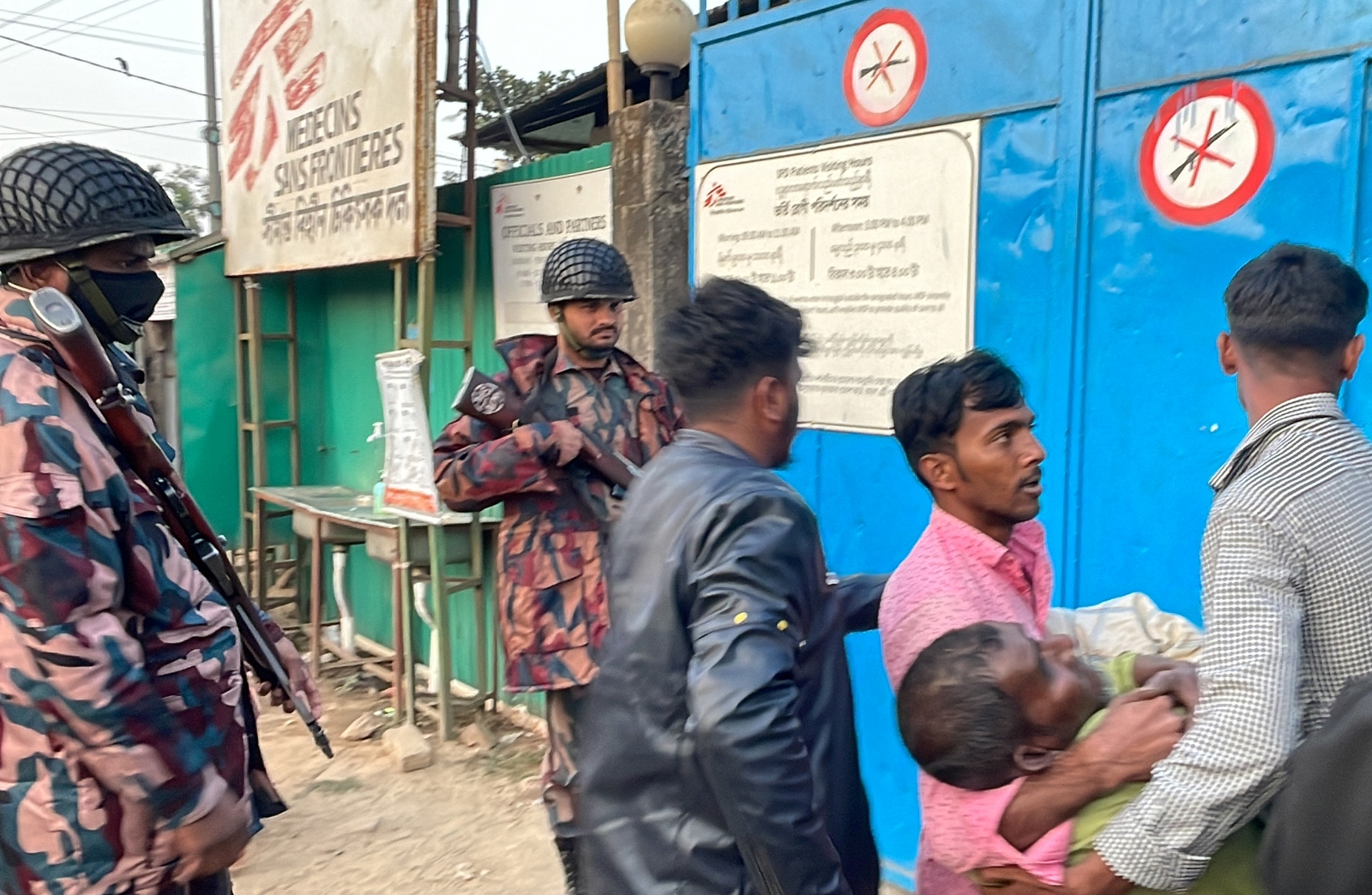Two armed gangs of refugees from Myanmar are waging a deadly turf war in the sprawling camp, home to almost a million people, over control of the lucrative cross-border methamphetamine trade.
By AFP
Bangladesh has sent more troops into the world’s largest refugee camp, police said Wednesday, after days of fighting between rival Rohingya drug gangs left seven people dead.
Two armed gangs of refugees from Myanmar are waging a deadly turf war in the sprawling camp, home to almost a million people, over control of the lucrative cross-border methamphetamine trade.
The seven killed in the past six days include one woman, an official said. Several others have reportedly been injured.
“We found four bodies at the Lambasia refugee camp on Tuesday night. Three of them were shot dead and another had stab marks,” Rafiqul Islam, deputy police chief of Cox’s Bazar district, told AFP.
He said hundreds of military and armed police have been deployed since fighting began on October 2, with numbers scaled up after Tuesday’s clashes.
“The situation is now calm,” he added.
The camps have for over three years served as a home for nearly one million Muslim Rohingya fleeing a military crackdown in Myanmar.
That crackdown – which the United Nations has said could constitute genocide – followed attacks on Myanmar security posts by the militant Arakan Rohingya Salvation Army.
Rohingya leaders said ARSA was now involved in a turf war with the Munna Gang, named after a top drug smuggler based in Kutupalong camp. His elder brother and three members of his family were reportedly killed in the clashes.
“ARSA has claimed responsibility for the killing of four people, who are relatives of a Rohingya gang leader,” said one activist, who added he was relocating his family to another section because of the fighting.
Another Rohingya youth leader based in Kutupalong, the largest of the sprawling camps, told AFP: “ARSA is behind all the killings over the past week. They want to impose their total control over the camps.”
Bangladesh’s security forces have killed more than 100 Rohingyas between August 2017 and July this year.
While an Amnesty International report has accused authorities of extrajudicial killings, police have insisted that most of those killed were involved in the drug trade or the trafficking of Rohingya in boats to Malaysia.







